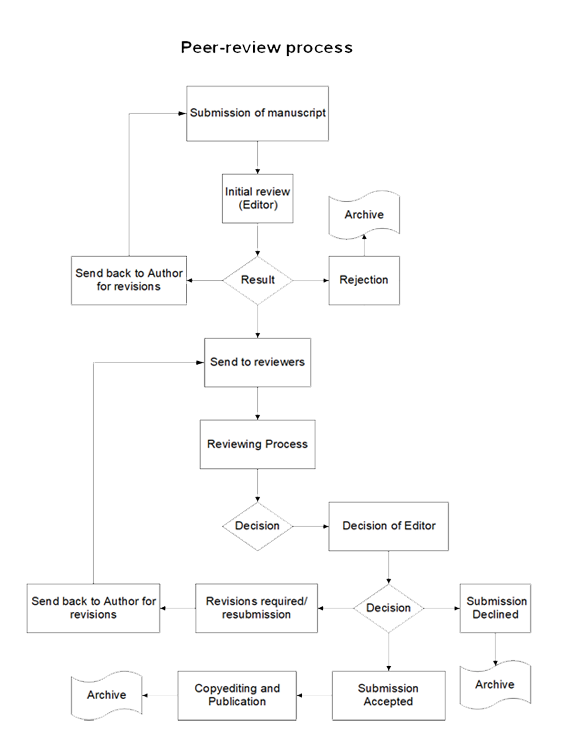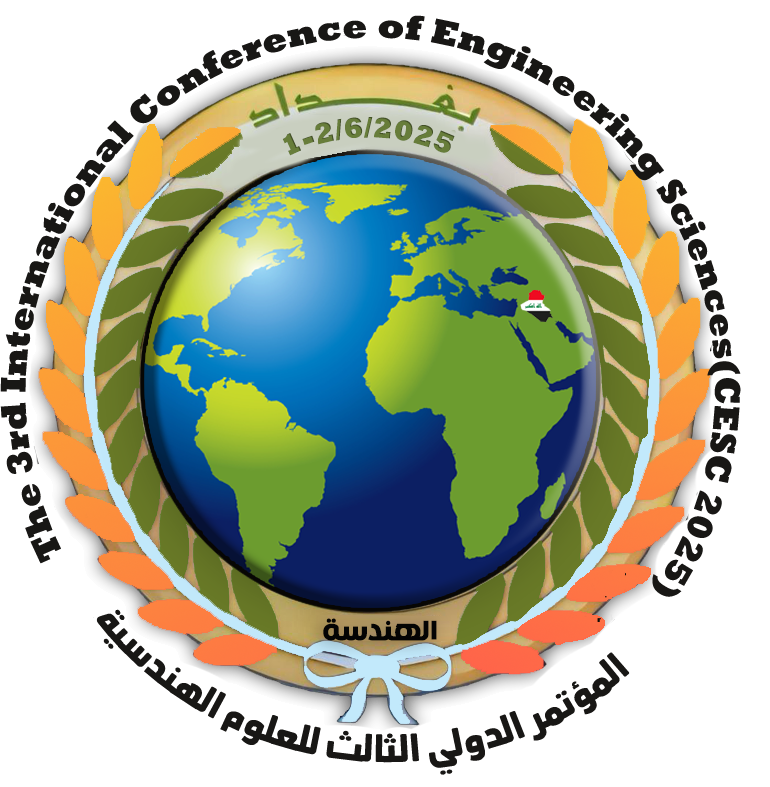Peer Review
This Conference uses double-blind review, which means the identities of the authors are concealed from the reviewers, and vice versa. The main body of the paper (including the references, figures, tables, and any acknowledgements) should not include any identifying information, such as the authors’ names or affiliations.
Review Criteria:
Does the topic and writing style correspond to the quality of Selected Journals for publications?
Is the article scientifically high quality and not misleading?
Is the article clearly written, concise, and understandable?
Does the article have a general introduction?
Is the article written in the English language?
Does the article have clear, legible graphics and diagrams contained within the margins?
Authors are not asked to suggest potential reviewers. Also, authors are not asked to exclude individuals as peer reviewers.
For Reviewers
- In case a reviewer believes that will not be eligible to review the submission, it is highly recommended and appreciable to apologize for accepting the invitation.
- The reviewer report should comprehensively critique the submission and consist of much more than a few brief sentences.
- We encourage reviewers to help authors improve their manuscript. The report should give constructive analysis to authors, particularly where revisions are recommended.
- Where reviewers do not wish authors to see certain comments, these can be added to the confidential comments to the editor.
- Please, check the English language. If the article requires substantial English editing, let us know, but it should not be totally rejected on the basis of poor language context alone.
- If you reject the paper, please give a few reasons why you have rejected it, its major shortcomings, and perhaps a few suggestions with reference to published work on the topic.
- The report for the review of the submission can be downloaded from the review form.
Research and Publication Ethics
This Conference follows the directions of the Committee on Publication Ethics (COPE), ethical aspects of conference proceedings. For more information please visit: https://publicationethics.org/resources/forum-discussions/ethical-aspects-conference-proceedings
All papers must be original, unpublished works that have not been submitted for publication elsewhere. Authors are solely responsible for any copyright issues that may arise.
At least three subject-matter experts will evaluate each manuscript, guaranteeing that only the best submissions will be published.
A paper’s submission should be seen as an undertaking, and if it is approved, at least one of the authors must register and provide an oral presentation of the work at the conference. If you don’t, your application to attend the conference next year will be rejected.

Declaration of Interests
Any financial and interpersonal ties to individuals or groups that can improperly affect (bias) an author’s work must be disclosed. Employment, consultancies, stock ownership, honoraria, paid expert testimony, patent applications/registrations, grants, and other funding are a few examples of possible conflicting interests.
Declaration of Generative AI in Scientific Writing
Authors should only employ generative artificial intelligence (AI) and AI-assisted technologies to enhance language and readability throughout the writing process. The technology should be applied under human supervision. Authors should carefully check and revise the output as AI can provide material that sounds authoritative but may be biased, inaccurate, or incomplete. It is not appropriate to cite or list AI and AI-assisted technologies as authors or co-authors.
Plagiarism
Submission of an article implies that the work described has not been published previously (except in the form of an abstract, a published lecture, or an academic thesis). All papers submitted to the conference will be checked by the Turnitin Plagiarism Checker.
